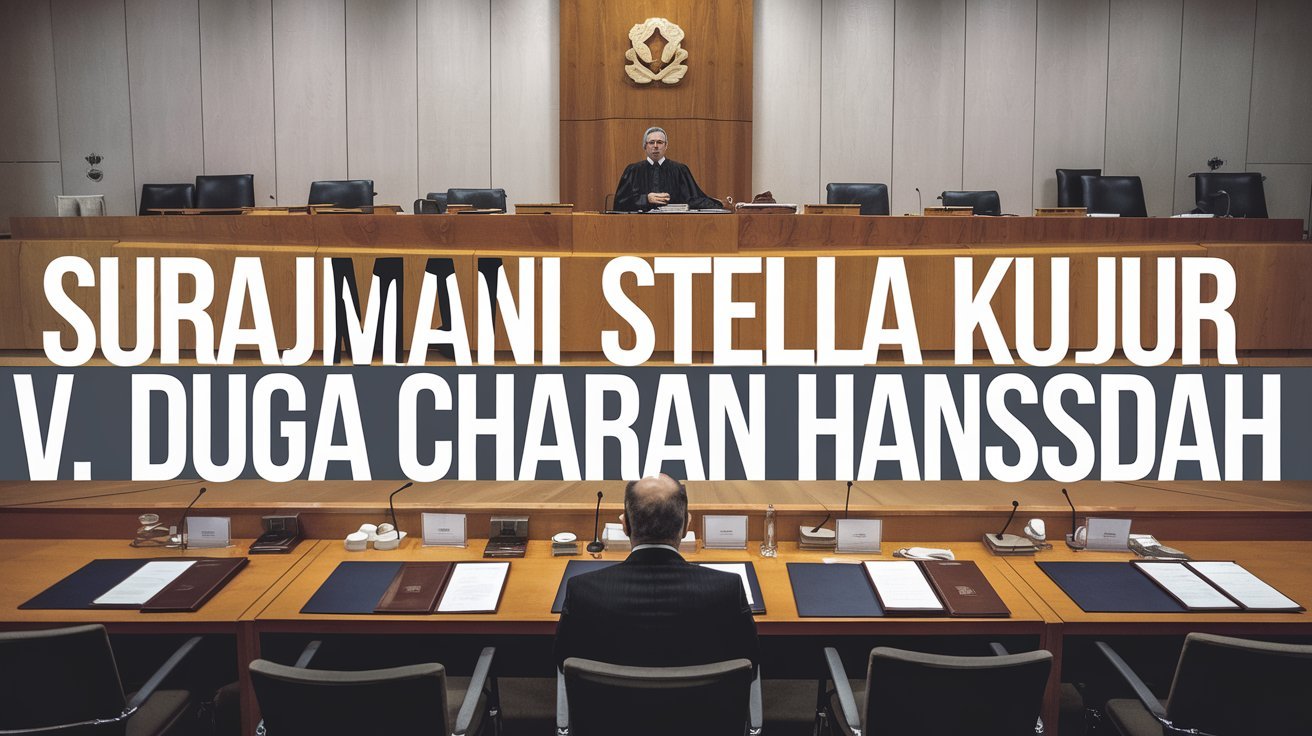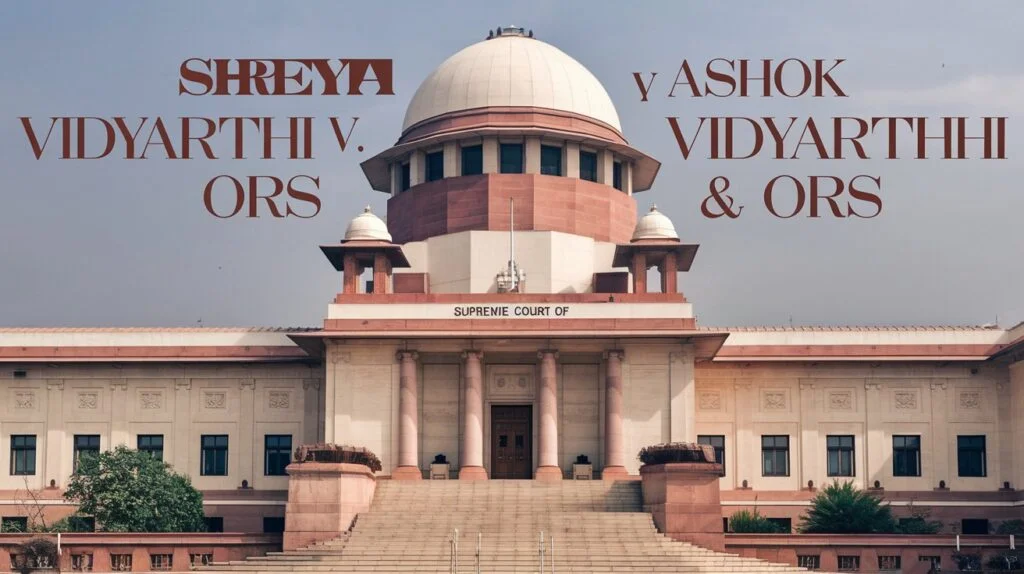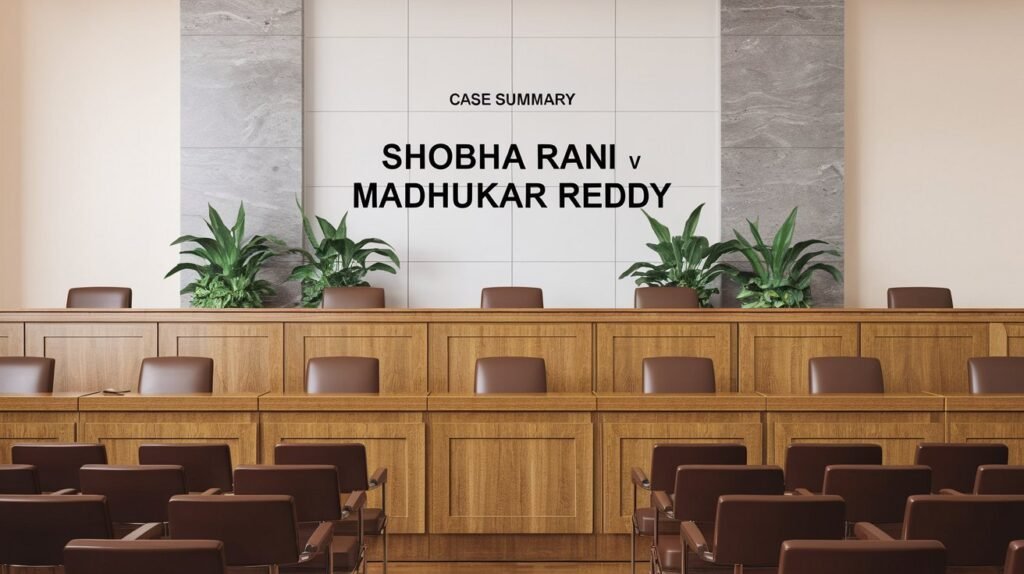Surajmani Stella Kujur v. Duga Charan Hansdah AIR 2001 SC 938 (Case Summary)

In a significant judgment, the Supreme Court of India clarified the applicability of the Hindu Marriage Act, 1955, to Scheduled Tribes, highlighting the complexities of customary law and statutory interpretation in cases of alleged bigamy.
Table of Contents
ToggleFacts of Surajmani Stella Kujur V. Duga Charan Hansdah
- The appellant, Dr. Surajmani Stella Kujur, an Oraon by tribe, married the respondent, Durga Charan Hansdah, a Santhal by tribe.
- The appellant alleged that the respondent solemnized a second marriage during the subsistence of their marriage.
- The appellant filed a complaint seeking to prosecute the respondent for bigamy under Section 494 of the Indian Penal Code (IPC), asserting that their marriage was governed by Hindu rites and customs.
Issues framed
- Whether the Hindu Marriage Act, 1955, is applicable to the parties, who are members of Scheduled Tribes, without a specific notification under Section 2(2) of the Act?
- Who is a “Hindu” for the purposes of the applicability of the Hindu Marriage Act, 1955?
- Whether the respondent’s second marriage, during the subsistence of the first marriage, is void under the Hindu Marriage Act, 1955, thereby attracting the offence of bigamy under Section 494 IPC?
Subordinate Court Judgment
- The Chief Metropolitan Magistrate, New Delhi dismissed the appellant’s complaint on the grounds of insufficient evidence to prove the existence of a custom prohibiting polygamy among the tribes.
- The Delhi High Court upheld the dismissal, stating that without a specific notification under Section 2(2) of the Hindu Marriage Act, 1955, the Act did not apply to the parties.
Judgment of Surajmani Stella Kujur V. Duga Charan Hansdah
- The case in the Hon’ble Supreme court revolved around the interpretation of the Hindu Marriage Act, 1955, particularly its applicability to individuals from Scheduled Tribes under Section 2(2).
Section 2(2) is reiterated for reference below:-
“Section 2 Application of Act.
Section 2 (2) Notwithstanding anything contained in sub-section (1), nothing contained in this Act shall apply to the members of any Scheduled tribe within the meaning of clause (25) of article 366 of the Constitution unless the Central Government, by notification in the Official Gazette, otherwise directs.”
The act is not applicable to the members of Scheduled Tribes unless explicitly extended by a notification and the legal principles governing bigamy under Section 494 IPC.
The Supreme Court held that in the absence of a notification extending the Hindu Marriage Act to Scheduled Tribes, the Act does not automatically apply. Additionally, the Court emphasized that to prove bigamy under Section 494 IPC, the appellant must establish the void nature of the second marriage under a custom with the force of law.
The Supreme Court dismissed the appeal, concurring with the subordinate courts that no case for bigamy was made out due to the absence of proof of a custom making the second marriage void. The Court, however, left open the option for the appellant to seek maintenance or other civil remedies through appropriate legal proceedings.





